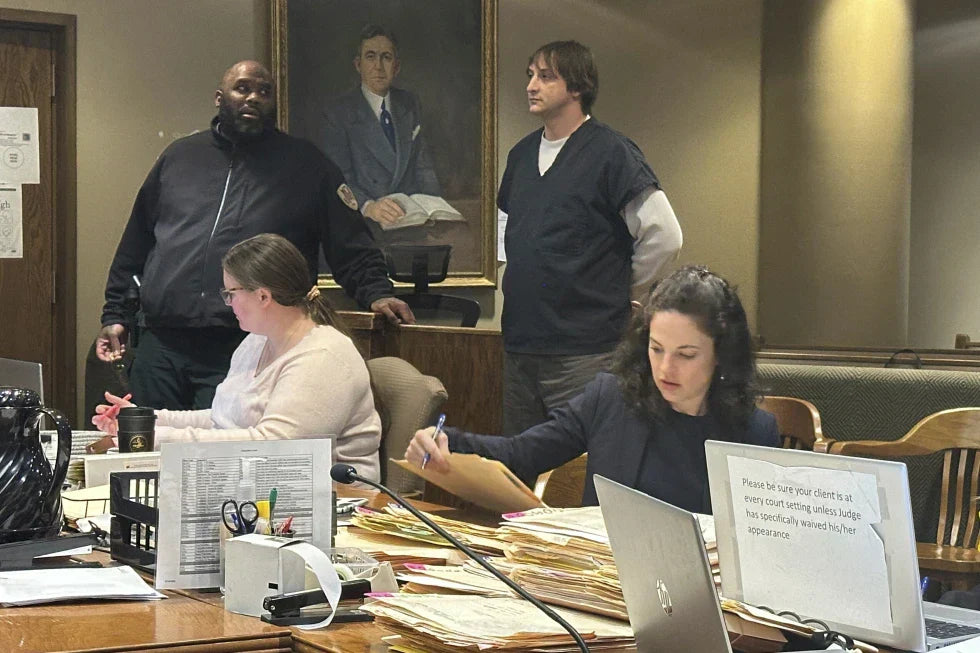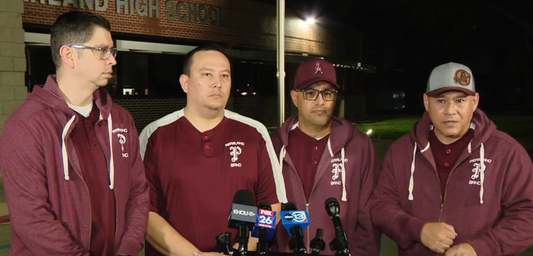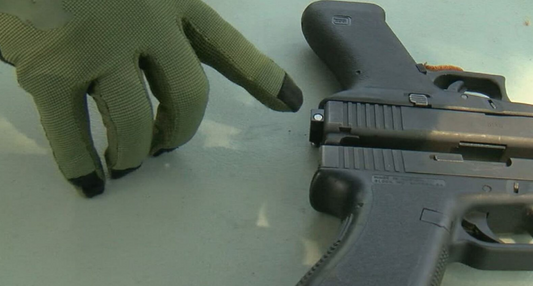
Army Veteran Pleads Not Guilty in Memphis Self-Defense Case
Share
AP Photo
On January 29, 2025, in Memphis, Tennessee, 42-year-old U.S. Army veteran Karl P. Loucks pleaded not guilty to charges of first-degree murder and aggravated assault. Loucks is accused of fatally shooting a homeless man, Shaun Rhea, and stabbing another individual in downtown Memphis. His defense attorney asserts that Loucks acted in self-defense during the incident.
Incident Overview
According to court documents, Loucks encountered Rhea and another homeless individual on May 31, 2024. Witnesses reported that Loucks used pepper spray on Rhea, who then confronted him, leading to a physical altercation. During the struggle, Loucks allegedly discharged an automatic rifle, resulting in Rhea's death, and subsequently stabbed the other individual. Loucks' attorney has stated that his client, diagnosed with post-traumatic stress disorder (PTSD) following his military service, acted in self-defense during the confrontation. Sourced apnews.com
Legal Considerations
Loucks has been held without bond since his arrest and is currently undergoing a psychological evaluation to assess his mental state at the time of the incident. The case brings to the forefront discussions about self-defense laws, the challenges faced by veterans with PTSD, and the complexities involved in legal proceedings where mental health and self-defense claims intersect.
Key Takeaways
- Self-Defense Claims: This case underscores the legal intricacies of asserting self-defense, particularly when lethal force is involved.
- Mental Health Awareness: The incident highlights the importance of addressing mental health issues among veterans and understanding how conditions like PTSD can influence behavior.
- Legal Process: It emphasizes the necessity for thorough legal proceedings to ensure that all aspects, including mental health evaluations, are considered in cases involving self-defense claims.
Conclusion
The ongoing legal proceedings in Memphis serve as a reminder of the complex interplay between self-defense rights, mental health considerations, and the legal system. As the case develops, it will continue to shed light on these critical issues and their implications for responsible firearm ownership and the rights of individuals to protect themselves.



